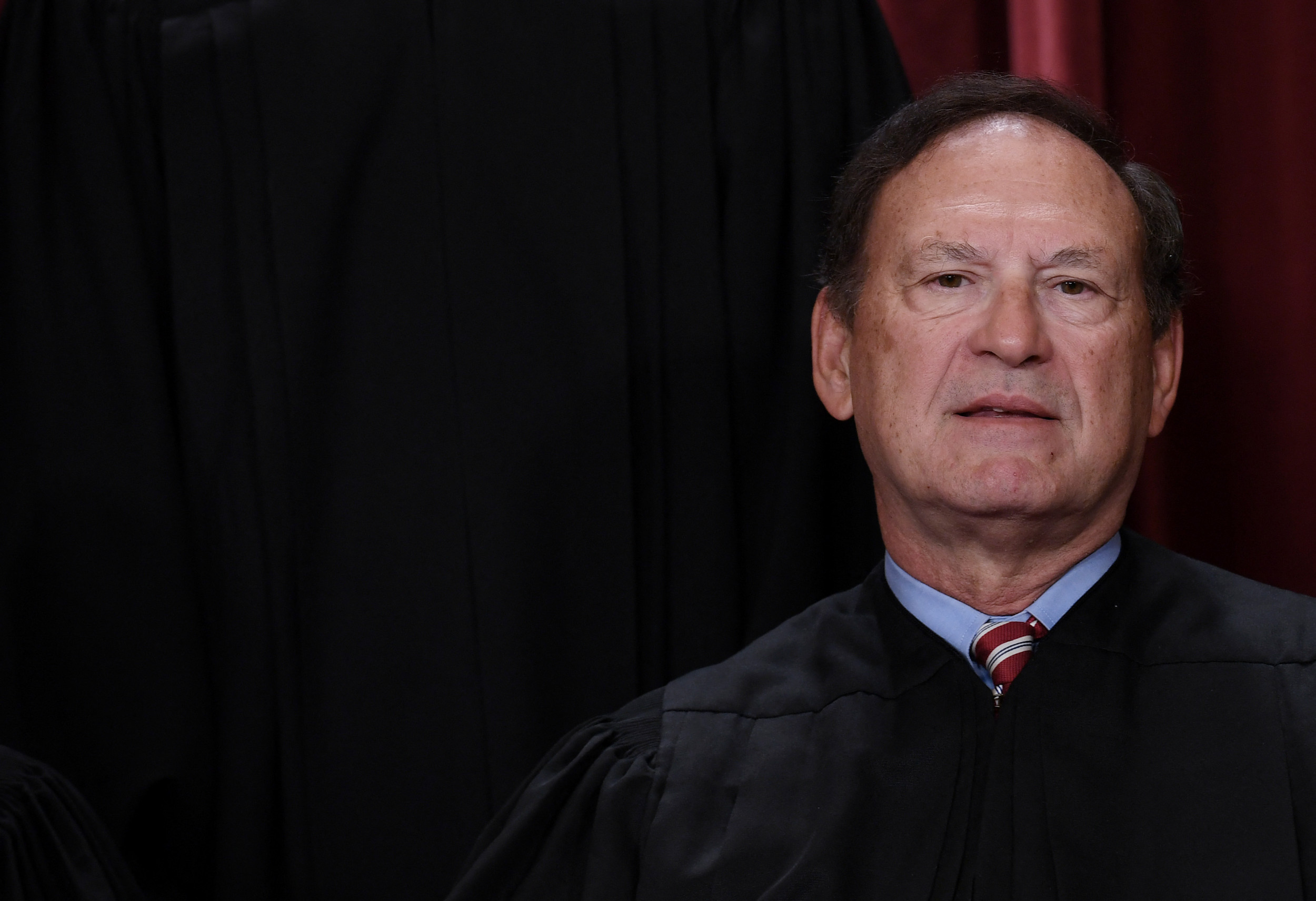We in the West love to romanticize symbols and people from the East. From India's Mahatma Gandhi to Aung San Suu Kyi of Myanmar to South Africa's Nelson Mandela to the Dalai Lama. And in most cases, rightfully so. These are incredible humans who have dedicated their lives to liberate their countries, fight for their beliefs, for the rights of their people.
But despite all the glory, respect, and worship we place upon them, it's important not to do so blindly and to remember that at the end of the day, they are also just people. They are human beings. And the Dalai Lama just gave us all a great lesson in how you can be a revered person, and still be in the wrong.
On Monday, footage of the Dalai Lama kissing a young boy on the lips and then prompting the child to "suck my tongue" during a public event went viral online. The young Indian boy had come forward to pay his respects during a temple event. Some clips garnered more than five million views. The Dalai Lama's representatives had a swift response to a clip that seemed odd at best, abusive at worst.

"A video clip has been circulating that shows a recent meeting when a young boy asked His Holiness the Dalai Lama if he could give him a hug. His Holiness wishes to apologize to the boy and his family, as well as his many friends across the world, for the hurt his words may have caused. His Holiness often teases people he meets in an innocent and playful way, even in public and before cameras. He regrets the incident."
The video spread quickly on social media where commentators labeled the interaction as "scandalous," "disgusting" and "abusive." Some Tibetans are trying to claim a cultural moment that was simply lost in translation, saying that in Tibet, sticking out one's tongue is known as a traditional greeting, stemming from a 9th-century myth about an unpopular king with a black tongue. NPR reports that in Tibet when the king died, Tibetans began revealing their tongues to show they hadn't become his incarnate. Tongue-sucking, however, doesn't seem to be a part of this tradition.
While it's great that His Holiness "regrets" asking a child to "suck my tongue," this "apology" is not only insufficient and offensive but feels more like the Dalai Lama is gaslighting rather than apologizing.
"Our primary concern is with the innocent boy who was the subject of this disgusting request by a revered spiritual figure," the Survivors Network of Those Abused by Priests (SNAP), a U.S.-based organization that supports survivors of clergy abuse, said in a statement. They stated that they were "horrified" by the Dalai Lama's actions.
But the tricky thing is that when people we respect and revere are accused of predatory behavior they still hold a lot of power. And that influence is something they can and do use to shield them from not only accusations, but any kind of accountability.
Just look at how many decades it took for Hollywood bigwigs like Harvey Weinstein to face any punishment for their rampant sexual abuse and assault. It was so rampant as to be an "open secret," and it wasn't until just a few years ago that victims were finally able to speak out and demand justice. Accountability has come late for Bill Cosby and others, such as USA Gymnastics national team doctor Larry Nassar, who was accused of abuse by over 260 girls and women.
While some people still prefer to look the other way, or remain in deep denial, when it comes to the possibility that religious and spiritual leaders could be abusing children, history has a very clear pattern. We like to sweep everything under the rug, defend whoever their holiness may be, and act like everything's fine. Isn't that what we did and still do when it comes to the Catholic Church and their endless child abuse allegations—including new revelations in Baltimore?
But now it is 2023 and we are more aware of the sexual predators in positions of influence than our parents or even their parents were. We are more open about the need to protect our children and what messages we can give them, so they know how to protect themselves, too.
We are at a pivotal point where we either teach our kids not only about consent, but about how predators are everywhere—even in our religious houses of worship, no matter the faith. Child sexual abuse happens in every religion.
Even if we want to give the Dalai Lama the benefit of the doubt, we can't. Just watch the video and pay attention to how it makes you feel. It looks wrong and feels wrong because it is wrong. And as a mother of two young girls, I know we must talk to our children regularly about boundaries, consent, and predators.
Because they are everywhere.
Anushay Hossain is a writer and a feminist policy analyst focusing on women's health legislation. She is a regular on-air guest at CNN, MSNBC, and PBS, and her writing on politics, gender, and race has been published in Forbes, CNN, USA TODAY, The Daily Beast, and more. Hossain is also the host of the Spilling Chai podcast and author of "The Pain Gap: How Sexism and Racism in Healthcare Kill Women."
The views expressed in this article are the writer's own.
Uncommon Knowledge
Newsweek is committed to challenging conventional wisdom and finding connections in the search for common ground.
Newsweek is committed to challenging conventional wisdom and finding connections in the search for common ground.





